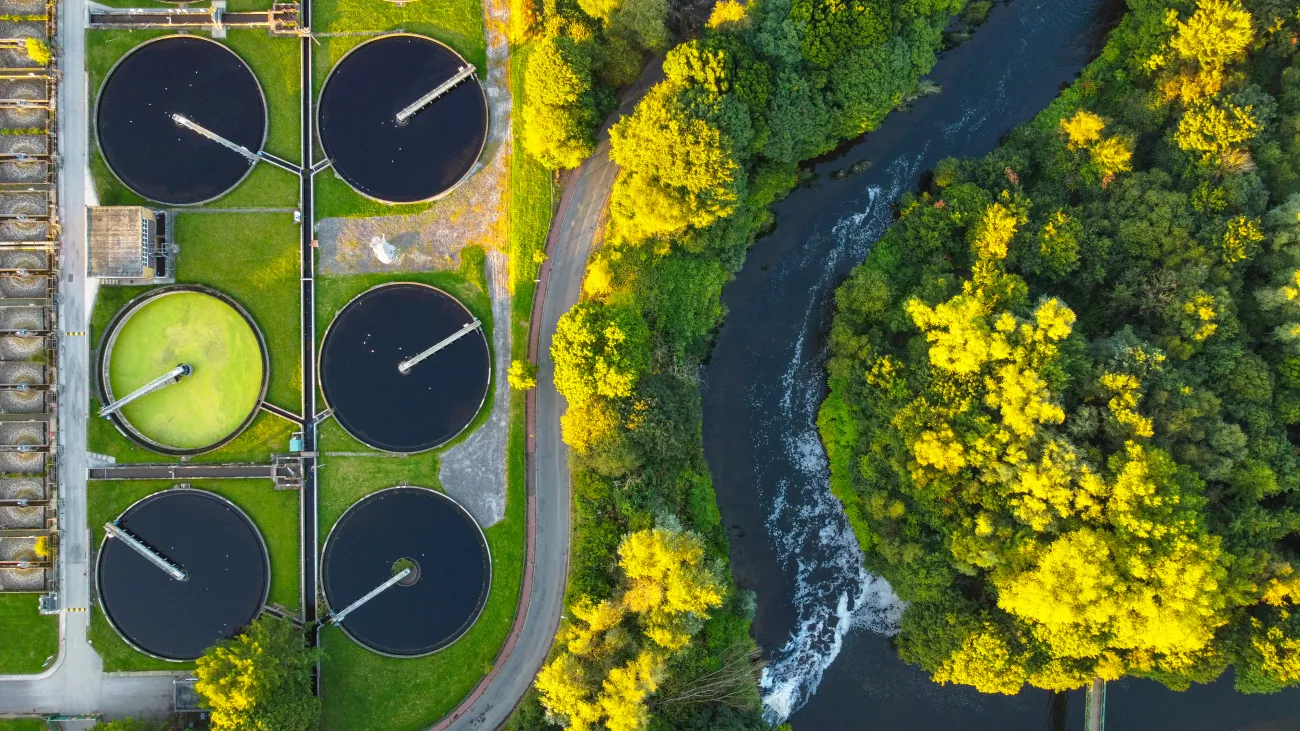Following an independent evaluation process, the Call Steering Committee selected 18 scientifically excellent projects for funding, with a total grant allocation exceeding €15.2 million, including €4.9 million in co-funding from the European Commission. These projects covered a diverse range of disciplines, from natural sciences to socio-economic research, ensuring a holistic approach to sustainable water management.
A key goal of the joint call was to enhance researcher mobility and encourage long-term collaboration beyond the project duration, reinforcing the global exchange of knowledge and expertise in the field of water research.
